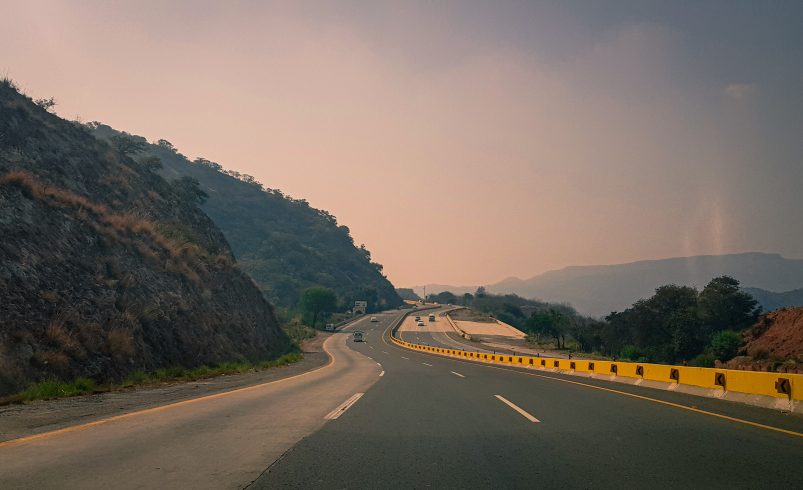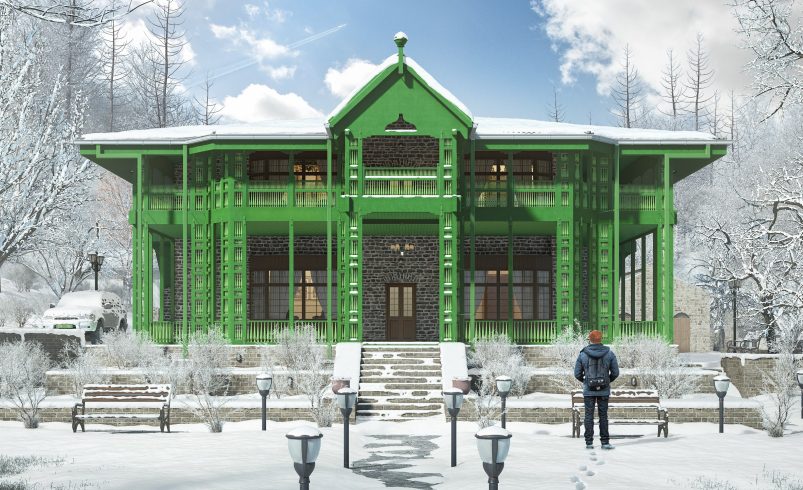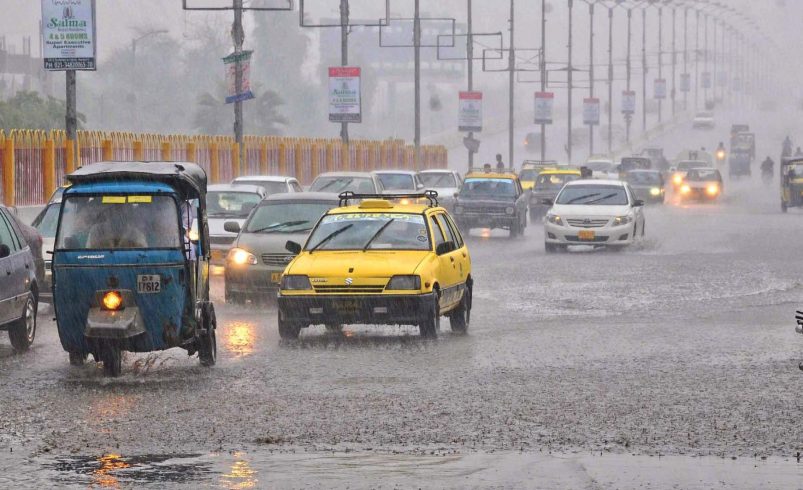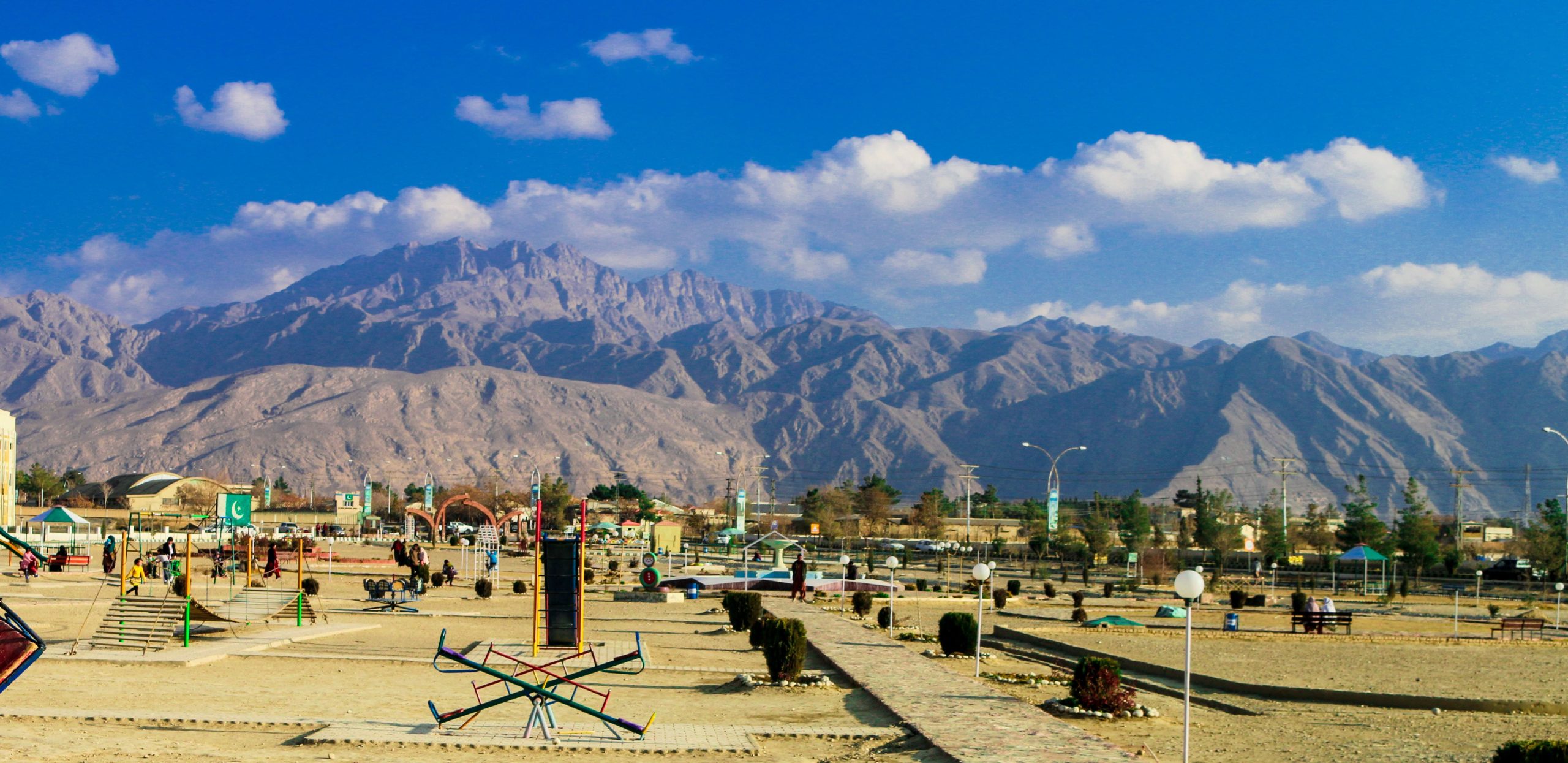
- August 2, 2025
🚗 Introduction
Planning a road trip from Karachi to Khunjerab Pass is one of the most thrilling adventures you can experience in Pakistan. The journey takes you from the bustling port city of Karachi in the south to the spectacular Khunjerab Pass, the highest paved international border in the world, nestled in the Karakoram Range. Spanning over 2,000 kilometers, this trip offers incredible diversity in landscapes, cultures, and cuisines. To make your journey smooth and memorable, this comprehensive guide covers everything you need to know.
🗺️ Why This Road Trip is Worth Taking
Embarking on this road trip means traversing nearly the entire length of Pakistan, witnessing the dramatic shift from the coastal plains to the Himalayan highlands. You’ll experience cities full of history, serene mountain valleys, awe-inspiring rivers, and some of the highest peaks in the world. The journey is more than travel—it’s a deep dive into the cultural and natural richness of Pakistan.
🌍 Best Time to Travel
Weather Conditions
The ideal time for this road trip is from May to October. During these months:
- Khunjerab Pass is accessible (it’s closed in winter due to heavy snowfall)
- Roads in the northern areas are safer and more navigable
- Tourist facilities are open and active
Avoid the monsoon season (late July to early August) due to landslide risks in mountainous areas.
🧭 Essential Route Breakdown and Distances
The road trip from Karachi to Khunjerab Pass can be divided into key segments for better planning. Here is a breakdown of major cities you’ll pass and approximate distances:
| Route Segment | Distance (km) | Estimated Driving Time |
|---|---|---|
| Karachi to Sukkur | 500 km | 7-8 hours |
| Sukkur to Multan | 400 km | 6 hours |
| Multan to Islamabad | 550 km | 8 hours |
| Islamabad to Naran | 270 km | 7-8 hours |
| Naran to Chilas | 180 km | 6 hours |
| Chilas to Hunza | 230 km | 7 hours |
| Hunza to Khunjerab Pass | 90 km | 3 hours |
Total Distance: Approx. 2,220 km
Total Drive Time: 45–50 hours (excluding stopovers)
🏨 Key Stopovers and Attractions in Road Trip from Karachi to Khunjerab Pass
The road trip from Karachi to Khunjerab Pass offers a rich blend of natural beauty, cultural experiences, and historical landmarks. Below is a detailed guide to the key stopovers and must-see attractions:
🏞️ Sukkur – Gateway to Upper Sindh
Sukkur is the entry point into Upper Sindh and offers an introduction to the culture and history of the Indus Valley. Located along the mighty Indus River, the city reflects the ancient legacy of trade, architecture, and strategic importance.
- Things to See: Lansdowne Bridge, Sukkur Barrage, and Lab-e-Mehran riverfront. These landmarks offer a mix of colonial architecture and serene river views.
- Travel Tips: Visit early morning or late evening to avoid extreme heat. Try local Sindhi biryani or palla fish near the river.
🕌 Bahawalpur – Royal Legacy of Punjab
A former princely state, Bahawalpur reflects grandeur and tradition, where desert and palaces meet. Its unique architecture and desert fortresses tell tales of Nawabi rule and Islamic heritage.
- Things to See: Noor Mahal, Darbar Mahal, and the Derawar Fort in the nearby Cholistan Desert.
- Travel Tips: Hire a local guide for Cholistan Desert exploration. Stay hydrated and wear light cotton clothing.
🕋 Multan – City of Saints
Multan is among the oldest cities in the subcontinent, known for its spiritual ambiance, ancient shrines, and vibrant bazaars. The city’s aura resonates with Sufi teachings and craftsmanship.
- Things to See: Shrines of Shah Rukn-e-Alam and Bahauddin Zakariya, Multan Fort, and Hussain Agahi Bazaar.
- Travel Tips: Don’t miss the blue pottery and local embroidered fabric. Bargain respectfully in bazaars.
🏛️ Lahore – Cultural Capital
Lahore is the heart of Pakistan’s cultural and artistic life. With deep Mughal roots, it’s a vibrant city blending history, cuisine, and modernity like no other.
- Things to See: Badshahi Mosque, Lahore Fort, Shalimar Gardens, and the Lahore Museum.
- Travel Tips: Visit the Walled City at night for illuminated heritage views. Enjoy authentic Lahori food in Gawalmandi and Anarkali.
🌳 Islamabad – Modern and Green Capital
Islamabad, known for its greenery and cleanliness, is a planned city offering a calm break before heading into the mountains. It combines modern infrastructure with natural beauty.
- Things to See: Faisal Mosque, Pakistan Monument, Lok Virsa Museum, and Daman-e-Koh viewpoint.
- Travel Tips: Use a ride-hailing service for convenience. Evenings at Monal in the Margalla Hills are stunning.
🏔️ Murree – Queen of the Hills
Murree is a popular hill station and a quick escape for travelers seeking cooler climates and pine-covered hills. Its colonial charm and panoramic viewpoints draw families and nature lovers alike.
- Things to See: Mall Road, Patriata (New Murree), Kashmir Point, and Pindi Point.
- Travel Tips: Avoid weekends and holidays due to traffic. Carry a jacket year-round.
⛰️ Abbottabad – Gateway to Hazara
Abbottabad serves as a peaceful stop surrounded by lush mountains, known for its clean air, educational institutions, and military heritage.
- Things to See: Shimla Hill Viewpoint, Ilyasi Mosque, and Harnoi Picnic Point.
- Travel Tips: Try local sweets and pakoras at roadside stalls. Fuel up before continuing to higher altitudes.
🏕️ Naran – Valley of Lakes
Naran is a scenic valley in Kaghan, known for its alpine beauty, glacial streams, and access to majestic lakes. It’s a major base for exploring northern gems.
- Things to See: Lake Saif-ul-Malook, Lulusar Lake, and Babusar Top.
- Travel Tips: Use a 4×4 vehicle beyond Naran. Check road conditions during monsoon.
🏞️ Hunza – Heaven on Earth
Hunza is a dreamlike valley nestled in the Karakoram, where rugged peaks meet warm hospitality. It offers a combination of nature, history, and local wisdom.
- Things to See: Altit and Baltit Forts, Eagle’s Nest, Attabad Lake, and Passu Cones.
- Travel Tips: Sunset at Eagle’s Nest is magical. Buy local dried apricots and handmade caps.
🏔️ Khunjerab Pass – The Roof of Pakistan
Khunjerab Pass marks the highest paved international border crossing in the world. Situated at over 15,000 feet, it links Pakistan with China and offers surreal mountain landscapes.
- Things to See: Khunjerab National Park, Border Gate at 15,397 ft, Yak sightings.
- Travel Tips: Carry warm clothing even in summer. Fuel up in Sost; there are no stations ahead.
🏨 Accommodation Guide
- Sukkur: Options like InterPak Inn and Hotel One Sukkur offer comfortable stays with modern amenities. Budget travelers can find rest houses near Ghanta Ghar or Railway Road.
- Bahawalpur: Stay at the 4-star Hotel One or the regal Lal Suhanra Guest House. Nearby desert camps can be booked if visiting Cholistan.
- Multan: Hotel Ramada and Avari Xpress provide top-notch services. Budget options include New Pride Hotel or tourist lodges near the city center.
- Lahore: A wide range from luxury hotels like PC and Avari to backpacker hostels near Liberty Market and Shadman. Airbnb options are growing too.
- Islamabad: Choose from 5-star Serena Hotel, Marriott, or boutique guesthouses in F-6 and G-9 sectors. Airbnb and guesthouses offer scenic hill views.
- Murree: PC Bhurban and Lockwood Hotel are popular. There are budget lodges around Mall Road and Airbnb cabins in Patriata.
- Abbotabad: The Alaf Laila Guest House and Hotel One Abbotabad are decent choices. Smaller family-run inns provide personalized hospitality.
- Naran: Many options from PTDC Motel and Pine Park Hotel to campsites and cottages near the Kunhar River.
- Hunza: Eagle’s Nest, Serena Inn Hunza, and Hunza Embassy Hotel are popular. Family guesthouses in Karimabad offer cozy stays with local meals.
- Khunjerab: No hotels at the pass itself. Stay in Sost at Sost Continental Hotel or homestays that offer basic yet warm accommodations.
🍽️ Foods to Try Along the Journey
Each region offers a distinct taste:
- Sukkur: Sindhi biryani, grilled fish
- Multan: Multani Karahi, Sohan Halwa
- Islamabad: Shinwari Karahi, Afghan pulao
- Naran: Fresh trout fish
- Hunza: Dawdo soup, apricot jam, walnut cake
⛰️ Top Activities and Experiences
- Photography: Capture everything from deserts to glaciers
- Boating: Attabad Lake, Saif ul Malook
- Trekking: Fairy Meadows (detour possible from Chilas)
- Cultural tours: Forts in Hunza, shrines in Multan
- Star gazing: Exceptional night skies in Naran and Hunza
📅 Suggested Day-Wise Itinerary
Day 1: Karachi to Sukkur
- Depart early morning to avoid traffic in Karachi.
- Stop for refreshments in Moro or Nawabshah.
- Reach Sukkur by evening.
- Check-in to hotel and visit Sukkur Barrage at sunset.
Day 2: Sukkur to Multan
- Depart after breakfast.
- Stop at Rahim Yar Khan for lunch.
- Reach Multan by evening.
- Visit Shah Rukn-e-Alam’s shrine if time permits.
- Try local Sohan Halwa and street food.
Day 3: Multan to Islamabad
- Early departure for a long drive.
- Lunch stop in Jhang or Mianwali.
- Reach Islamabad by evening.
- Check into hotel and relax at a local cafe in F-7 or Blue Area.
Day 4: Islamabad to Naran
- Depart via Hazara Motorway.
- Stop at Balakot for snacks or lunch.
- Continue to Naran via scenic mountain roads.
- Check-in and take a walk around the Naran Bazaar.
Day 5: Naran to Chilas via Babusar Top
- Have a hearty breakfast and depart early.
- Stop at Lulusar Lake for photos.
- Cross Babusar Top (check weather reports).
- Arrive in Chilas by afternoon.
- Overnight stay at a roadside hotel.
Day 6: Chilas to Hunza
- Depart after early breakfast.
- Stop at Junction Point of the three great mountain ranges.
- Visit Rakaposhi View Point.
- Arrive in Hunza by evening and check into a guesthouse in Karimabad.
Day 7: Explore Hunza Valley
- Visit Baltit Fort and Altit Fort in the morning.
- Afternoon boat ride on Attabad Lake.
- Evening tea with a view of Passu Cones.
- Try Hunza walnut cake for dessert.
Day 8: Day trip to Khunjerab Pass
- Leave early in the morning with snacks and jackets.
- Visit Khunjerab National Park en route.
- Take photos at Pak-China Border.
- Return to Hunza by evening.
Day 9: Hunza to Besham or Naran
- Start return journey.
- Choose Gilgit–Besham route or go back via Babusar.
- Overnight in Besham or Naran depending on route and time.
Day 10: Return to Islamabad and onward to Karachi
- Early morning drive to Islamabad.
- Continue back to Multan or Sukkur based on driving stamina.
- Final return to Karachi on Day 11 if required.
💰 Estimated Budget for 2 Persons (10 Days)
| Category | Estimated Cost (PKR) |
| Fuel | 60,000 |
| Accommodation | 70,000 |
| Food | 25,000 |
| Misc. & Entry Fees | 5,000 |
| Total | 160,000 PKR (approx.) |
🎒 Travel Packing Checklist
- CNIC/Passport
- Vehicle registration and license
- Warm clothing (especially for Khunjerab)
- Power banks and charging cables
- Snacks and reusable water bottles
- First aid kit and altitude sickness medication
- Map and offline navigation tools
⚠️ Emergency Contacts and Safety
- Police: 15
- Ambulance: 115
- Motorway Police: 130
- Hunza Emergency Hospital: 05813-920019
- Travel insurance is recommended
💡 Travel Tips for a Safe Journey
- Always keep extra fuel, especially after Naran
- Avoid night travel in remote or mountainous regions
- Update family/friends about your route
- Pre-book hotels during peak seasons
- Respect local customs and environment
❓ FAQs
How long does road trip from Karachi to Khunjerab Pass take?
Typically, the journey takes 7–10 days depending on stops and pace.
Is the road trip safe for families?
Yes, with proper planning. Avoid night travel and check weather forecasts.
What is the best time for this road trip?
May to September is ideal for pleasant weather and road accessibility.
Do I need a 4×4 for this journey?
Not for most areas, but it’s highly recommended for Naran, Babusar Top, and Hunza.
Is fuel readily available?
Yes, except between Sost and Khunjerab. Always top up in major towns.
Are there medical facilities on the way?
Yes, in major cities like Multan, Lahore, and Gilgit. Carry a first-aid kit for remote regions.
What should I pack?
Clothing for both warm and cold climates, power banks, ID documents, snacks, and cash.
Can I travel solo on this route?
Yes, but keep family informed and prefer daytime travel.
How is the mobile network coverage?
Good in cities. Weak or no signals in Khunjerab and upper valleys.
Are accommodations family-friendly?
Most listed hotels and guesthouses are family-oriented with essential amenities.
Is there internet along the route?
Yes in urban areas. Limited in high-altitude regions like Babusar and Khunjerab.
Can foreign tourists take this route?
Yes, but they must carry passport, visa, and register at police checkposts in sensitive zones.
Is camping allowed?
Yes in many areas like Cholistan, Naran, and Hunza. Carry your own gear.
Any tolls or permits required?
Yes, tolls at highway checkpoints and entry tickets for some tourist sites.
Are there rest areas or food spots?
Plenty in urban centers; fewer as you go north. Plan meals and rest stops in advance.
Which local dishes to try along the way?
Sindhi biryani, Multani sohan halwa, Lahori chargha, Hunza apricot soup.
Are pets allowed on this journey?
Generally yes, but check with accommodations. Avoid heat exposure in southern zones.
Can this be done on a bike?
Yes, many bikers do it, but prepare well for harsh conditions in the north.
Where can I get cash or use ATMs?
Major towns have ATMs. Keep cash in smaller towns.
Are English speakers common?
In cities yes; less so in villages. Learn a few Urdu phrases for ease.
Can I get souvenirs on this trip?
Absolutely! Pottery in Multan, embroidered fabrics in Bahawalpur, handmade caps in Hunza.
🏁 Conclusion
The journey from Karachi to Khunjerab Pass is a spectacular adventure filled with breathtaking landscapes, vibrant cultures, and unforgettable memories. By understanding how to plan a road trip from Karachi to Khunjerab Pass, you ensure safety, enjoyment, and optimal experiences at every stop. This trip isn’t just a vacation—it’s an exploration of everything that makes Pakistan unique and beautiful.
With the right preparation and spirit of discovery, this journey becomes more than just a drive—it becomes a life-changing expedition through the heart of Pakistan.






